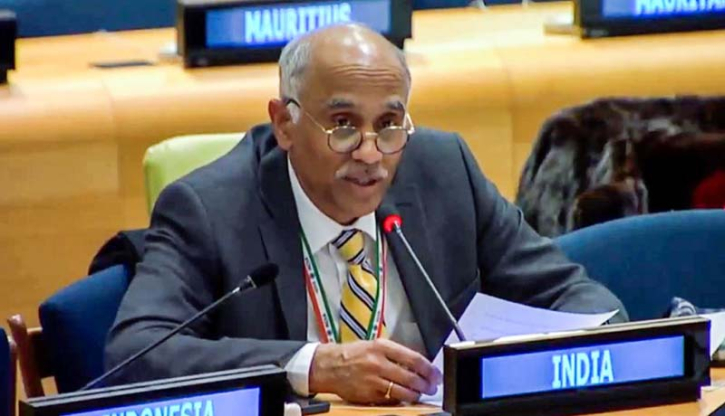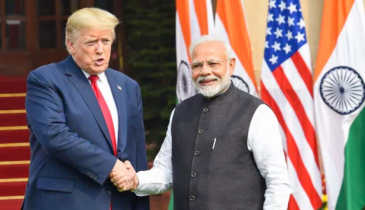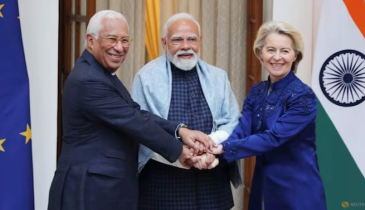India abstains as UN votes for end to ‘repressive' Taliban policies

New Delhi's nuanced stance on Afghanistan's future was highlighted as India, alongside China and ten other nations, abstained from a crucial vote in the United Nations General Assembly (UNGA).
The resolution, which was introduced by Germany and subsequently adopted with 116 votes in favor, two against (United States and Israel), and 12 abstentions, sought to promote political inclusion in Afghanistan and called for the Taliban to reverse its "repressive policies." These policies have led to what the resolution describes as the "grave, worsening, widespread and systematic oppression" of all women and girls in the country.
India's explanation for its abstention offered insight into its diplomatic strategy. Citing Kabul's strong condemnation of the recent Pahalgam attack, India emphasized that an effective policy for a post-conflict scenario must involve a combination of "policy instruments: incentivizing positive behaviour and disincentivizing harmful actions." This suggests India's preference for a more engagement-focused approach rather than outright condemnation, aiming to encourage positive changes from the Taliban through diplomatic leverage.
Pakistan, despite its historically complex and often turbulent relationship with the Taliban, voted in favor of the resolution, signaling a potential divergence in its approach. In contrast, India's informal engagement with the Taliban has seen a significant improvement, even without formal diplomatic recognition of the regime in Kabul. This evolving relationship was recently evidenced by Indian Foreign Minister S. Jaishankar's direct phone contact with Afghan acting Foreign Minister Amir Khan Muttaqi, indicating a pragmatic approach by New Delhi to maintain channels of communication.
Beyond the call for an end to the oppression of women and girls, the UNGA resolution, as detailed in a UN report, also explicitly demanded that Afghanistan "not be used as a safe haven for terrorist activity." This particular clause reflects a broader international concern regarding counter-terrorism efforts and regional stability, a point of particular sensitivity for India given its security concerns.
.png)









